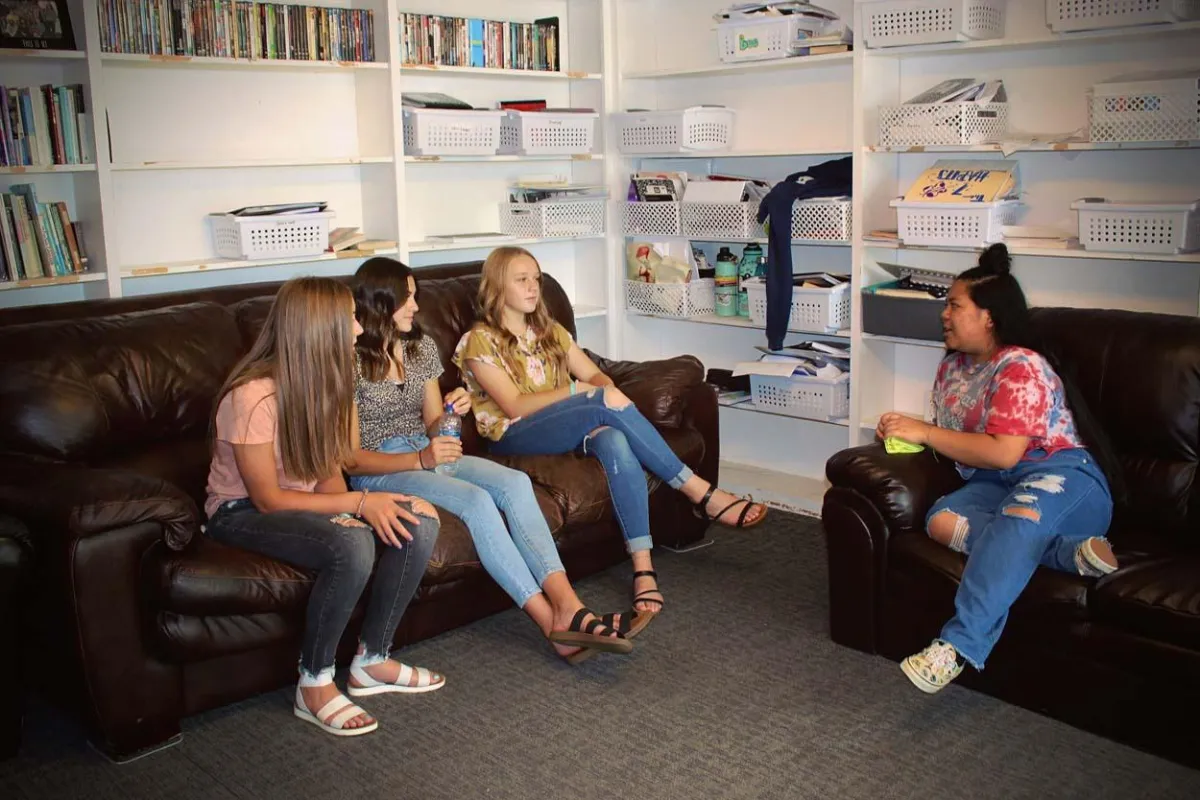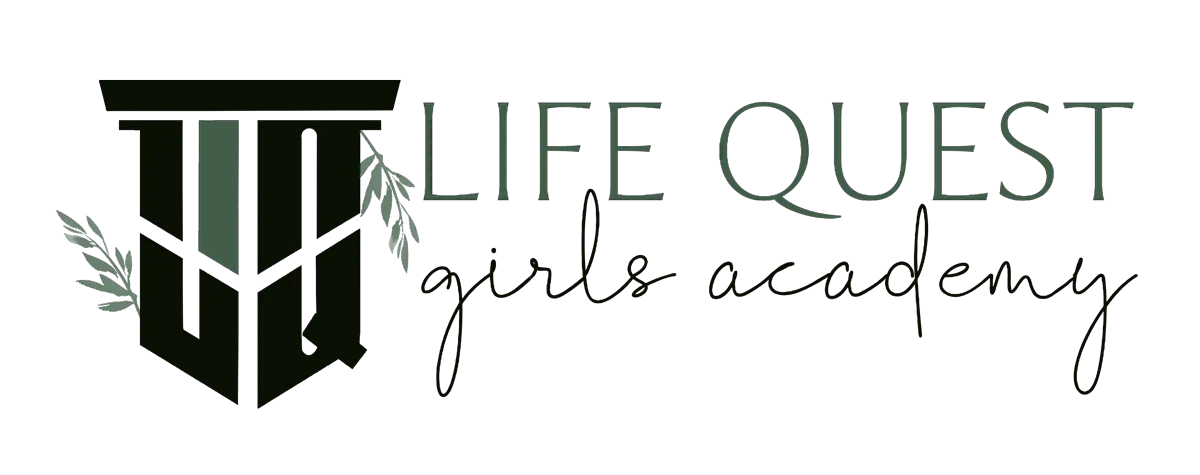Let's help you determine which type of school is best for your daughter.
Articles & Resources

Transitioning From a Residential Treatment Center to an Academic Boarding School
Transitioning From a Residential Treatment Center to an Academic Boarding School
by Life Quest Girls Academy | Sep 21, 2022
An estimated 1 in 7 minors between the ages of 10 and 17 have experienced or will experience some sort of mental health or behavioral issue worldwide. Many of those conditions go untreated, but more and more parents are recognizing the need to help their children work through these challenges and have found great success in sending their children and teens to residential treatment centers or wilderness treatment programs.
But what happens after treatment? The transition from residential treatment to the “real world” can be extremely challenging for teenagers, and they may suffer academically or behaviorally as a result. In residential treatment, teens are fully immersed in an environment that is not usually found at home. They have the opportunity to focus completely on personal, family, and group therapy on a daily basis, they work through emotional and behavioral challenges as they meet those challenges in realtime, and most importantly they have multiple staff who are readily available to discuss emotional ups and downs and give feedback on each of their daily choices.
Naturally, most homes do not have the ability to maintain the kind of environment that these teens have become accustomed to during treatment and recovery. Because of this, it is often found that most teens who transition directly home after residential treatment centers, and/or wilderness therapy, usually experience challenges in maintaining their emotional and behavioral improvements. On top of that, they are also expected to not only focus on academics again, but to make up lost time, all while juggling an already difficult transition. It is no wonder that feelings of overwhelm and discouragement begin to set in.
We’re here to talk about how an academic boarding school can help teens who are graduating from a wilderness program or graduating from a residential treatment center. Read on to learn more.

Academic Boarding Schools Allow Teens to Have More Structure
Providing a highly structured environment is one of the top benefits of an academic boarding school for teens who are going through the transition from a wilderness program or residential treatment center.
These academic boarding schools provide structure for teens when they need it most. Structure is beneficial for mental health , recovery, and continued success. Most boarding schools structure everything from when school takes place, to when breaks happen, and when meal times are. This structured environment will help your teen to stay on track while they learn to be more independent.
While public schools offer structure within classrooms, they don’t structure an entire day for students like a boarding school will. Scheduled breaks and free time or down time are essential and happen in a balanced effort at academic boarding schools.
Teens Learn at Their Own Pace
Some teens excel in their academics after residential treatment. Others struggle. In public school, it’s difficult for teens at different levels to coexist in the same classroom. This has been a challenge that public school has faced for years.
Teachers in these schools don’t have the time or resources to teach every student at their own pace. At an academic boarding school, each teen gets their own learning plan that suits them best. They learn how to set and meet individual goals, and recover credits and or excel at a very individual pace. This takes the pressure off of students to match other peers’ progress and also helps them feel comfortable in moving ahead to complete courses more quickly.
Staff Members Understand Potential Struggles
Behavioral issues don’t go away right after treatment is over, and that’s okay. This is a transition period.
Unfortunately, public schools aren’t often equipped to help ease that transition. They, again, don’t have the resources to devote time and care to every student. This causes some students to slip between the cracks. Teachers at a public school are also not usually trained to help students transition back home from treatment or recovery.
The staff and team at a good boarding school will be more empathetic toward each individual student as they understand that healing is a journey. They put effort into helping students transition back into an academic mindset and help them reintroduce technology and concepts that had to be placed on the back burner for therapy or treatment. Most boarding schools also have social media restrictions that will help relieve parents from having to determine what is best as far as screen time and taking on that battle with students as soon as they come back home. A good and attentive staff at an academic boarding school can be a crucial part of helping students transition from being surrounded by staff in treatment, to being guided by staff based on need, and eventually to be guided by parents in the home.
Classes are Personalized to Challenge and Enrich the Students
For many students, thriving in a public school can be difficult when transitioning out of treatment or wilderness. This can be because the average class is too challenging or not challenging enough. Students recognize that they can go through the motions without actually learning, or give up because the material is too advanced for comprehension. In short, it is extremely difficult to get customization in a public school setting, especially if students need to recover credits or make up lost time.

In contrast, an academic acceleration and recovery boarding school has teachers and staff that have the ability to make classes interesting and challenging (but not so challenging that students are unable to succeed) by creating very personalized education plans, goals, classes, and learning accommodations.
School should be enriching. A boarding school will help.
Help Your Teenage Girl Transition from Residential Treatment
The transition from residential treatment is usually difficult and there are many unknowns. Your teen may benefit from an academic recovery boarding school.
These schools will ease your child back into school and challenge them to be their best selves. Is your teen ready to start?
At Life Quest, we can help. Our programs are targeted toward teenage girls who need an extra boost. Contact us to learn about our admissions process today.
